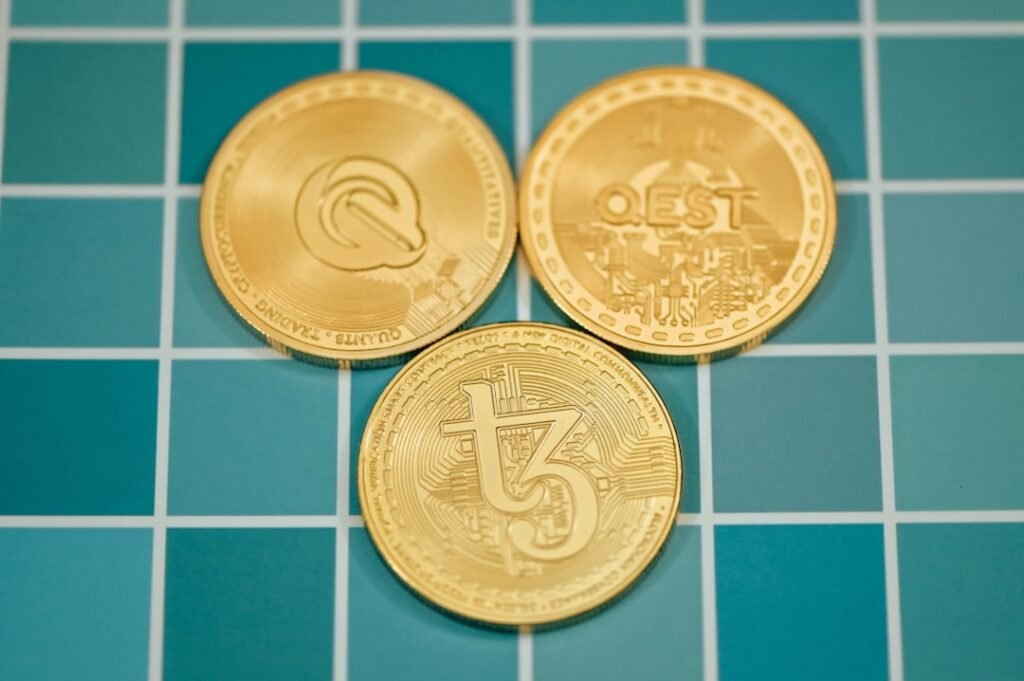As AI Agent and API economies rapidly evolve, the demand for machine-native payment infrastructure has intensified. The HTTP 402 “Payment Required” status code, reserved since 1997, has found practical implementation through the x402 protocol, though current implementations reveal significant limitations that require optimization. The x402 protocol employs an innovative design separating payment authorization from execution. Through EIP-3009 standards, users sign authorization messages while third-party “facilitators” handle on-chain transactions. This eliminates the need for users or AI Agents to hold native tokens for gas fees, requiring only stablecoins like USDC. However, this approach introduces critical dependencies. The current system relies heavily on centralized facilitators, primarily Coinbase, creating single points of failure and trust requirements. EIP-3009 compatibility remains limited, with most ERC-20 tokens lacking necessary functionality. While marketed as “gasless,” costs are merely redistributed rather than eliminated, with facilitators absorbing approximately $0.03 per transaction. Additional challenges include blockchain finality delays (2-15 seconds requiring persistent HTTP connections) and verification complexities requiring trust in facilitator honesty. The analysis proposes Internet Computer Protocol’s ICRC tokens as an alternative solution. ICP’s reverse gas model shifts execution costs to receiving canisters (smart contracts), eliminating facilitator dependencies. ICRC transfers occur directly on-chain with deterministic 1-2 second settlement and transparent costs of approximately $0.0001 per transaction. This approach offers 300x cost reduction, 2-7x speed improvements, and enhanced reliability for mobile and AI applications. Implementation can follow a hybrid strategy, maintaining existing infrastructure while upgrading payment layers incrementally. The transition requires integrating ICP client SDKs and supporting ICRC tokens, but delivers substantial benefits including elimination of centralized dependencies, transparent cost structures, and improved network stability support. Technical specifications referenced include EIP-3009 standards, ICRC-1 protocols, x402 documentation, and ICP developer resources. Performance data derives from public test results and on-chain analytics.












